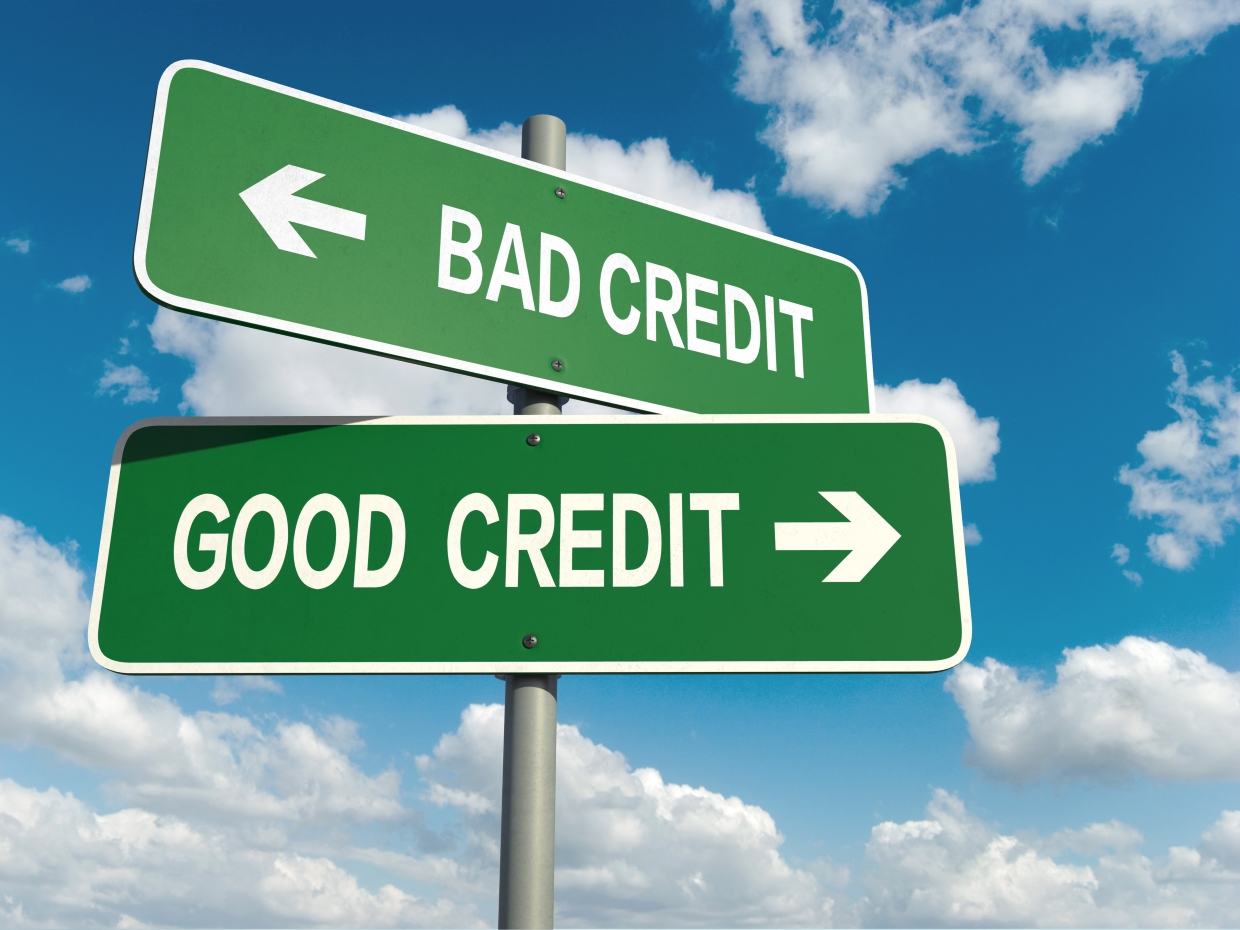 When looking to buy a new Downtown San Diego condo, there’s more to consider than neighborhood and amenities. Before ever beginning your property search, it’s important to know your credit score and how that will affect your loan options and long-term financial goals.
When looking to buy a new Downtown San Diego condo, there’s more to consider than neighborhood and amenities. Before ever beginning your property search, it’s important to know your credit score and how that will affect your loan options and long-term financial goals.
Home loans are structured so borrowers with superior credit get the most desirable interest rates, loan terms, and loan features. Although prospective buyers have to make sure that their credit scores are good enough to obtain loan approvals, moving beyond an acceptable credit score will ultimately limit the amount of money they have to pay over the lifetime of their loans. In short, with stellar credit, purchasing a home can become significantly cheaper.
Buying A Home With An Acceptable Credit Score
Credit scores typically range between 300 and 850. Now that traditional lending institutions maintain far stricter standards for loan approvals, the lowest credit score qualifying for a home loan is 620. While many borrowers will find it possible to get funding with credit scores of 620 or higher, they will not have access to a very broad range of loans or the most beneficial loan terms and features. Moreover, for these individuals, it can be significantly harder to lock into fixed rate mortgages.
Fixed-Rate Mortgages
A fixed rate mortgage means that you will be paying the same interest rate throughout the lifetime of your loan and thus, your home mortgage payments are not likely to undergo any significant increases. This makes it easier for people to stay on track with their long-term financial goals and to manage their ownership expenses. When borrowers with lower credit scores are able to lock into fixed rate mortgages, their beginning interest rates will be significantly higher than those of a fixed rate mortgage for a consumer with stellar credit. Buyers with credit scores too low to qualify for a fixed rate mortgage will find themselves with an adjustable-rate mortgage.
Adjustable-Rate Mortgages
A mortgage with an adjustable interest rate will undergo several increases over the lifetime of the loan. With each increase, the borrower’s home mortgage payments and overall costs of living will increase. When they have lower credit scores, buyers will invariably pay more for their homes, both in higher beginning interest rates and rate increases over time. Mortgage calculators can help these individuals calculate how much their loans will cost overall. In most instances, however, many people will need to refinance their loans just before or immediately after a rate increase in order to ensure that they can continue managing their debt.
Speed of Application Approvals
Credit scores of 700 and above will give borrowers access to a much broader range of funding products. In fact, the higher the individual’s credit score is, the more options that he or she will have. This also means the borrower can pick from a far more impressive selection of loan terms and loan features. Another important factor to note is that the application review process will also be much more rapid for these consumers.
This is significant when buyers are looking to submit offers on high-interest homes. Lenders will spend more time investigating the debt-to-income ratios and overall financial fitness of borrowers with credit scores in the 600s than they will for people who have credit scores of 700 or above. An application approval for a person with stellar credit can take mere weeks, while loan applications for those with the minimum scores for approval will usually take far longer for lenders to review.
If you’ve gotten your credit score where you want it and are ready to find your dream home, call (619) 649-0368 to make an appointment with an experienced Downtown San Diego real estate agent at 92101 Urban Living. We look forward to hearing from you! ')}
